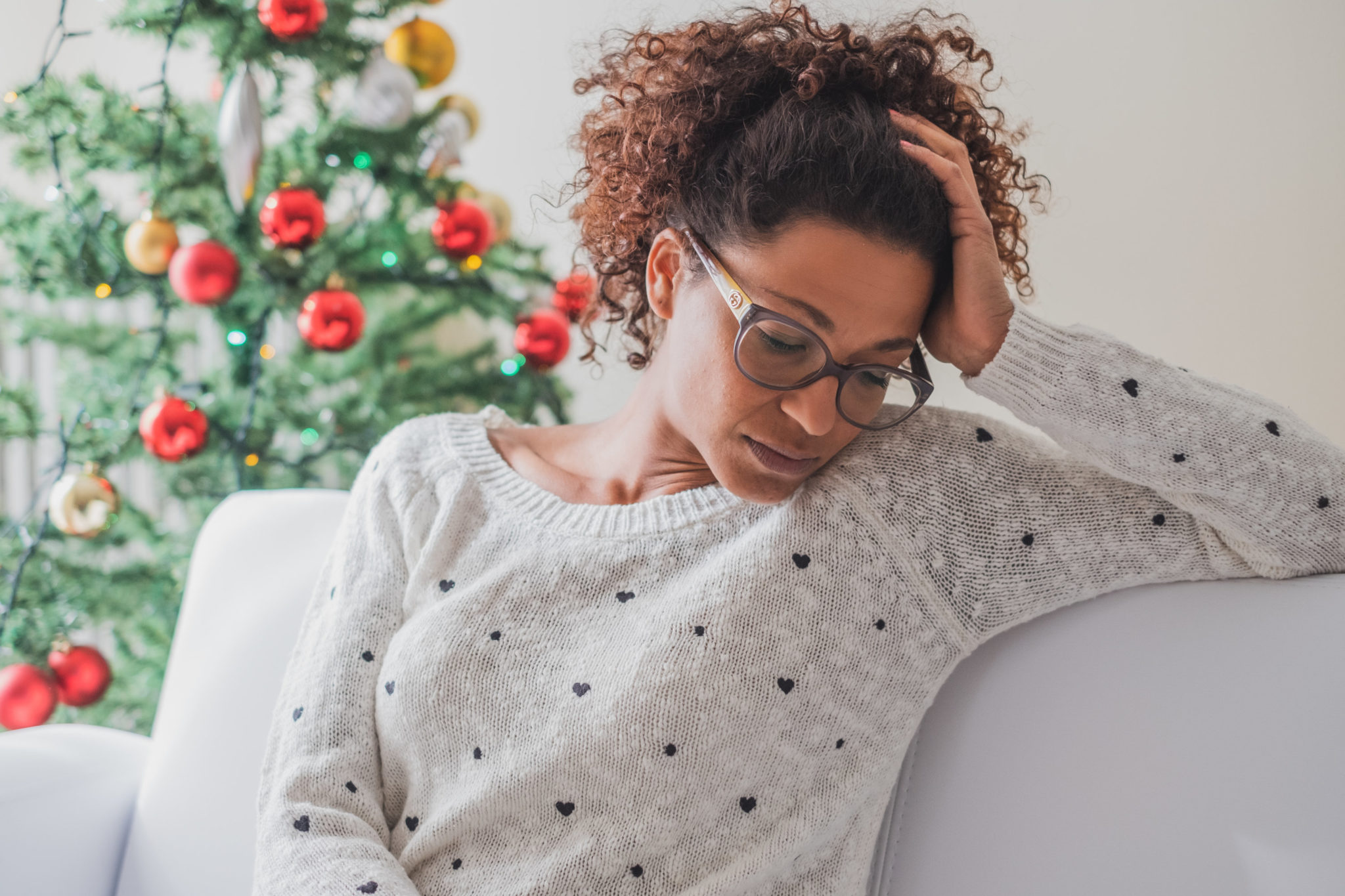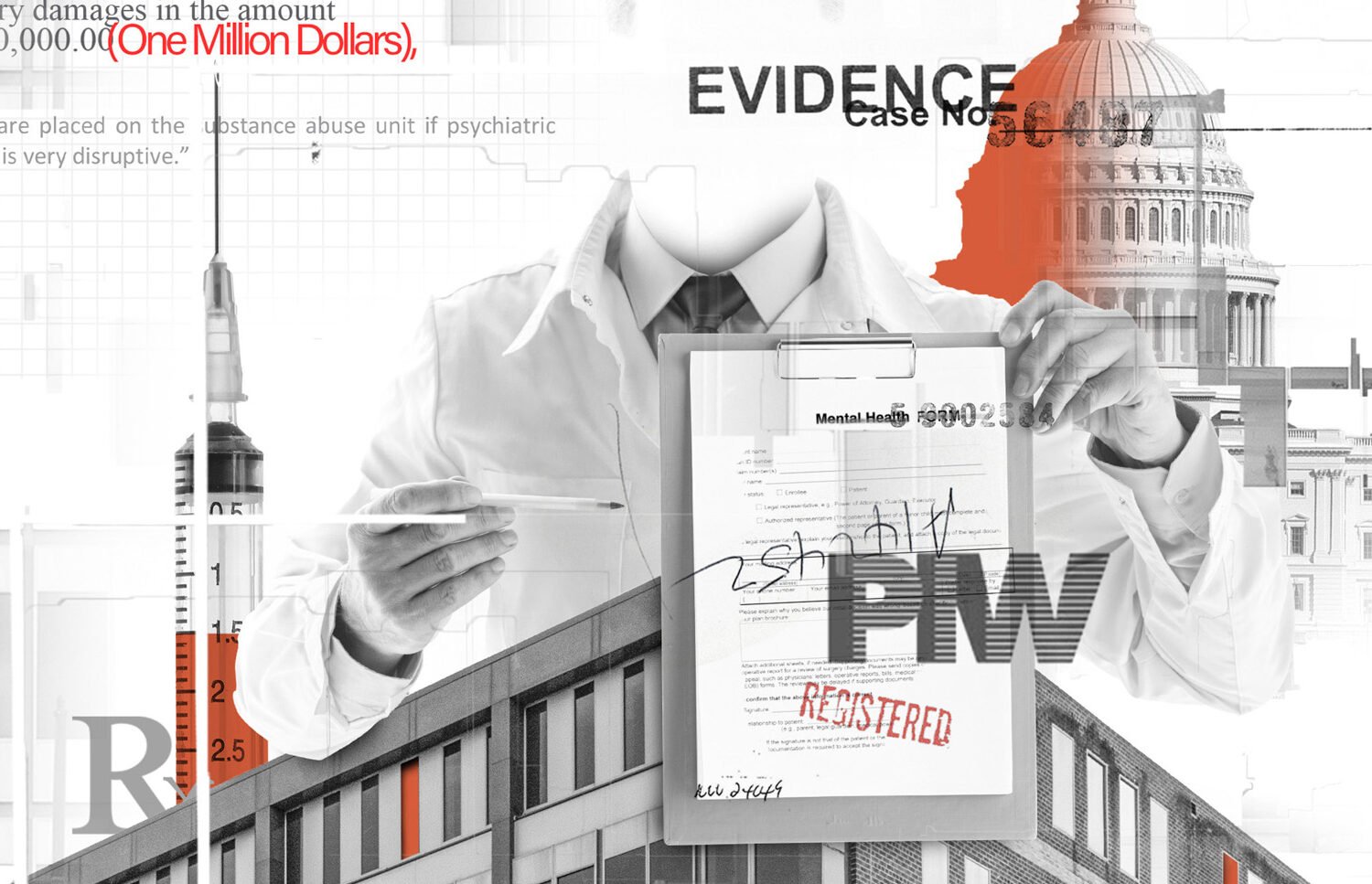Even in the best of times, holidays with family can be an emotional minefield. This year, many are finding out that a season that doesn’t include all of the usual loved ones might be even tougher on the psyche. As a semi-quarantined nation prepares for a Very Pandemic Christmas, we spoke to Arlington psychiatrist Ayesha Mian about how best to take care of yourself this year from Thanksgiving to New Year’s.
Have patients brought up the holidays?
It’s definitely on people’s minds. I deal a lot with people who already struggle with mental illness or substance abuse. I [also am seeing] people who have never had symptoms, and they’re having their first psychotic break or first episode of depression or they’re drinking excessively. I’m seeing a fair number of people who’ve never had issues before coming in and seeking help.
Not only are we going to be dealing with the normal challenges of the holiday season—sometimes people don’t have a good relationship with [family]—but this year, after months and months of this pandemic, I worry about patients. We’re running on low steam already. And the winter doesn’t help, because the days are short and dark and gloomy. Winter tends to be tough for people with mental-health issues.
What are their concerns about the holidays?
It’s mainly about not being able to see their families, [for] people who are used to traveling home or seeing loved ones. For a lot of people, especially in our county, the holidays tend to be the time when you relax, your work is more relaxed, you catch up with people you haven’t seen the entire year. People are bringing up the fact that they’re not going to be able to do that [for fear] of traveling and then exposing family members to a virus.
What is it about this time of year that can be especially rough?
There are people who have a challenging relationship with their families, whether it’s a history of trauma or abuse or just having a difficult childhood. People might not have the resources to travel or to be giving gifts and spending money during the holiday season. For people who have a difficult past, it’s not easy. In the media, they see people who have the luxury of good relationships with family and enjoy the holiday season. It can be triggering.
What are some symptoms that folks who are worried about their health should watch for?
The first thing is to recognize the signs of depression and anxiety. If you’re sleeping too much or too little, if you’re eating too much or too little, if you’re feeling low, if you’re feeling like you’re not enjoying the things you normally enjoy, if you’re feeling lack of motivation or energy—all those can indicate there’s something going on. There’s probably some depression, some anxiety. And once you recognize those signs, you can seek help.
I could see [not being able to travel] being a relief for some. They don’t have to see family, and they don’t have to travel and make that effort to be part of occasions where they’re not going to gain much. [If] it’s mostly stressful for them, I could see that being a positive. But I think the other negatives of the pandemic probably far outweigh this benefit.
What are some actions people can take to maintain their mental health?
Make sure you’re continuing some sort of physical activity—we know that at least 30 minutes of cardio on most days of the week helps manage low levels of anxiety and mood issues. Watch your diet, and use alcohol in moderation; it’s a known depressant and affects your mood and anxiety. Continue to follow a structure to your day—make sure that you’re not lying in bed all day, that you have things planned. There’s such little control we have over what’s going on. If you have structure to your day, you’ll feel like you have some control.
[On the actual holiday,] reach out to loved ones, have phone conversations or video sessions. You can also do meals with people over Zoom—it feels like you’re with someone. Tell them why you’re grateful for your relationship. Both giving and gratitude increase our happiness levels—studies show that. Practicing that should help with mood and anxiety symptoms.















